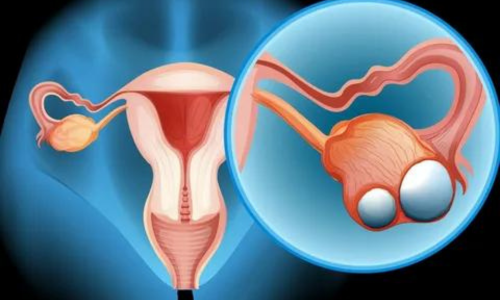
Many women hate intimate fragrances and are very shy. For them, the vagina is a dirty organ that needs to be cleaned with a gel or other intimate soap. However, in order to maintain “good personal hygiene”, some women resort to actions that can endanger their health and cause serious problems. In particular, this herb has the highest risk of ovarian cancer.
Douching involves injecting water and other substances into the vagina for personal hygiene using an irrigation bag or other device. This method was popular in ancient times because it provided contraceptive benefits to women, but science has proven otherwise.
Contrary to popular belief, the vagina is very clean. An organ that can clean itself and naturally defend itself against bacteria and infection. This is the main function of the vaginal flora, which contains many protective bacteria that strengthen local immunity. In addition, the vagina has the correct pH (4-4.5) to prevent the formation of bacteria that can cause fungal diseases.
There is no need to clean the vagina. Regular watering and use of aggressive substances may not help disinfect intimate areas, but will increase the risk of infection. In fact, this herb disrupts the vaginal flora and changes its ecosystem, killing bacteria. This makes the vagina more susceptible to irritation, infections and yeast infections.
It is dangerous and invasive, and is associated with an increased risk of ovarian cancer.
Its inclusion in the Journal of Epidemiology doubles the risk of ovarian cancer, according to a study by researchers at the National Institute of Environmental Health Sciences. The results of this study were refined after several years of research. Researchers followed more than 41,654 women in the United States and Puerto Rico between 2003 and 2009. Her age ranges from 35 to 74 and she has no history of breast cancer, but her sisters have had breast cancer. Participants answered a series of questionnaires not only about lifestyle, health and fertility, but also about personal hygiene (frequency of abstinence, use of talcum powder, etc.).
In 2014, researchers repeated their study and analyzed medical data to assess its effect on ovarian cancer. Results: Of the 41,654 women in the study, 154 developed ovarian cancer, and 20% of women diagnosed with ovarian cancer in the 12 months before the study began. This procedure is associated with an 80% risk of ovarian cancer.
Clarice R. McCullough, National Institute of Environmental Health; She also emphasized that irrigation is not necessary because the vagina can clean itself, and that this habit disrupts the natural balance of vaginal flora and leads to serious infections.
The researchers also evaluated the link between ovarian cancer and talc. The product was used in the year before the study and was used by 12% of women with ovarian cancer and 14% of women without ovarian cancer. Thus, the researchers concluded that there was no statistically significant association between ovarian cancer and talcum powder use.
Considering this scientific information, it can be concluded that vaginal douching should be avoided in order to prevent various kinds of infections, infections and ovarian cancer.
Advice on personal hygiene
It is recommended to wash the external penis with clean water. Avoid further vaginal adventures and avoid products labeled “gentle” specifically designed to clean this intimate area. It contains chemicals that can disrupt the vaginal ecosystem and cause irritation.
Leave a Reply